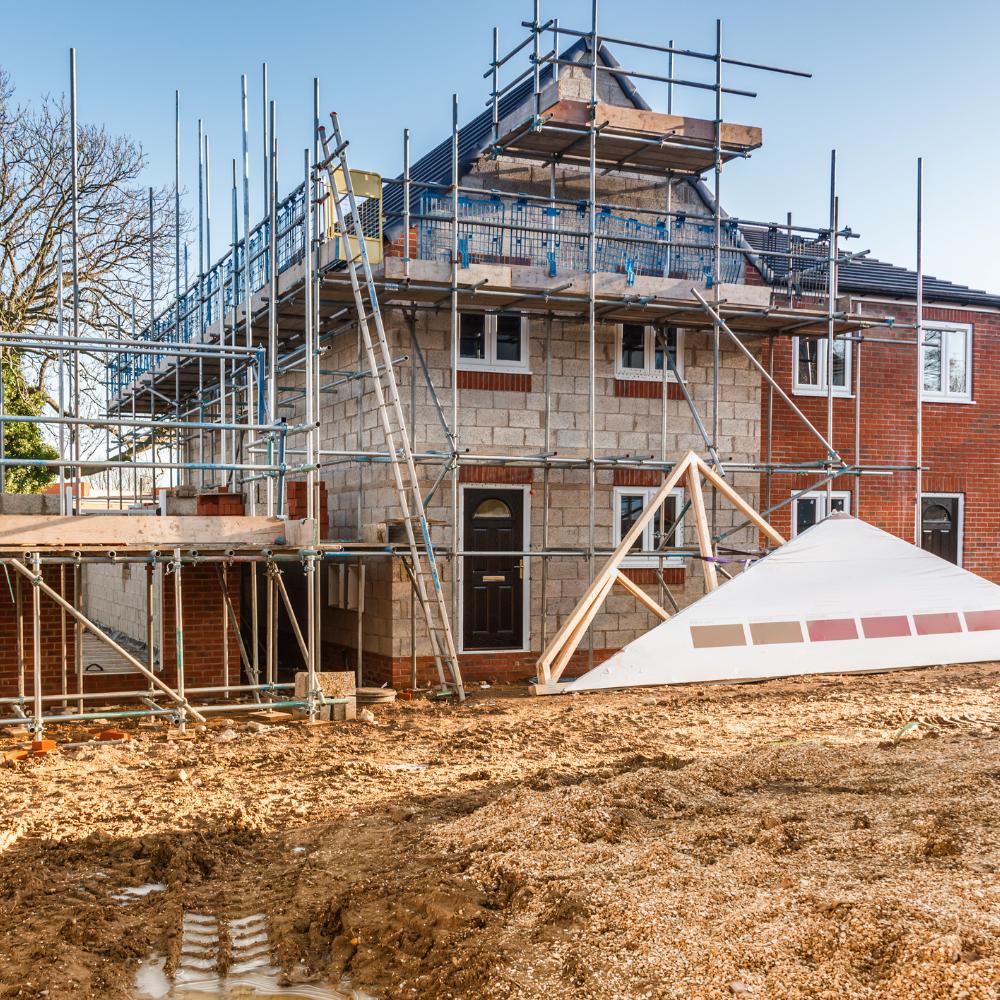
The dream of building your own home can be both exciting and daunting. One of the most significant challenges self-builders face is financing the project. Thankfully, self-build mortgages are designed to help people secure funds for building their own homes. In this article, we’ll delve into the concept of self-build mortgages in the UK, their advantages, how they work, and the factors to consider when applying for one.
What is a self-build mortgage?
A self-build mortgage is a specialist type of mortgage specifically designed for people who want to build their own homes. Unlike traditional mortgages, where funds are released in one lump sum to buy a property, self-build mortgages release funds in stages as the project progresses. This stage-based funding helps manage the cash flow during construction and reduces the lender’s risk.
How does a self-build mortgage work?
Application and approval: Like any other mortgage, the first step in obtaining a self-build mortgage is to approach a lender and submit an application. You will need to provide detailed plans for your project, a breakdown of costs, and evidence of your ability to manage the construction process.
Stage payments: Once your application is approved, the lender will release funds in stages, typically corresponding to key milestones in the construction process. These stages may include land purchase, foundation work, the completion of the structure, and final finishes.
Interest-only payments: During the construction period, you will usually only be required to make interest payments on the amount you have drawn down. This can help to keep your monthly outgoings more manageable while you are building your home.
Converting to a repayment mortgage: Upon completion of the project, your self-build mortgage will typically convert to a traditional repayment mortgage. At this stage, you will begin repaying the principal amount borrowed, along with the interest.
Can I get a self-build mortgage?
To be eligible for a self-build mortgage, you will generally need to meet the following criteria:
A good credit history: Lenders will review your credit report to determine if you are a suitable candidate for a self-build mortgage. It’s important to have a good credit history to improve your chances of being approved.
A sizeable deposit: You will typically need a deposit of at least 25% of the total project cost. The larger your deposit, the more favourable the terms of your mortgage will be.
Experience or professional support: Lenders prefer applicants with some experience in construction or project management, or those who have engaged professional support, such as an architect or a project manager, to oversee the build.
Planning permission and building regulations approval: Before your application can be considered, you must have secured planning permission and have approval for building regulations for your proposed project.
Affordability assessment: Like any mortgage application, you will need to demonstrate that you can afford the monthly repayments on the self-build mortgage. Lenders will assess your income, outgoings, and any other financial commitments.
In summary, a self-build mortgage can be an ideal solution for those looking to build their dream home. However, it’s essential to understand the unique requirements and criteria associated with this type of mortgage before applying. Carefully consider your experience, resources, and financial situation to determine if a self-build mortgage is the right choice for you. Consulting a mortgage broker or financial adviser can also provide valuable guidance on navigating the self-build mortgage process.
Related articles:
How many mortgages can I have?
What is a fixed rate mortgage?
Can you get interest only mortgages?
Can I still get a mortgage if I have bad credit?
What is a Tracker mortgage & How Does it Work? A Comprehensive Guide
